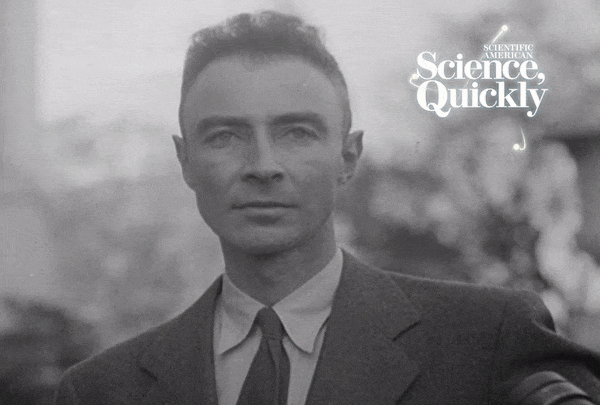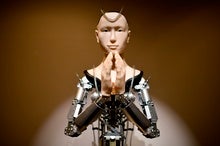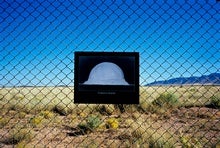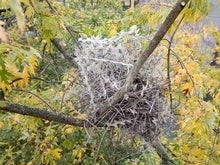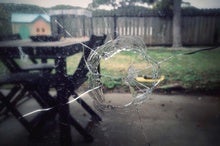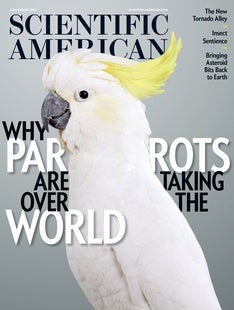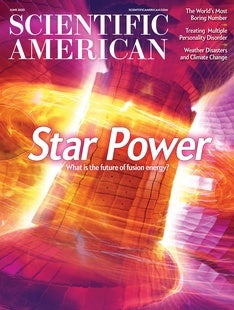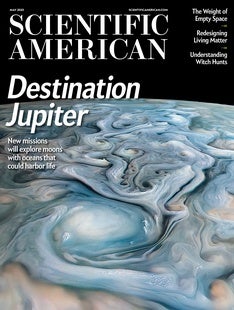 |
| July 25, 2023 |
Earlier this month, the Screen Actors Guild–American Federation of Television and Radio Artists (better known as SAG-AFTRA) announced a strike. One of their motivations, according to a statement released a few days later, was to prevent artificial intelligence from replacing human performers. But digital replicas of actors already appear in video games, movies and TV shows. This week's primary story is about what it takes to produce these digital doubles, how AI is making the process faster and easier, and whether the technology will ever fully replace human performers. |
| | Sophie Bushwick, Associate Editor, Technology
| |
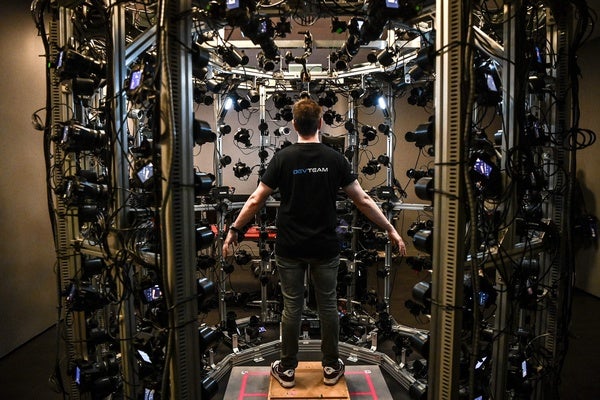 |
| |
| |
| |
| |
| History What Was the Manhattan Project? The top-secret Manhattan Project resulted in the atomic bombs dropped on the Japanese cities of Hiroshima and Nagasaki in 1945 | | | | |
| |
| |
| |
| |
| |
| QUOTE OF THE DAY
 "It shows how the government is aware of its responsibility to protect citizens from potentially dangerous technology, as well as the limits on what it can actually do." Sara Morrison, Vox | |
FROM THE ARCHIVE
 | | | |
LATEST ISSUES
 |
| |
| Questions? Comments?  | |
| Download the Scientific American App |
| |
| |




